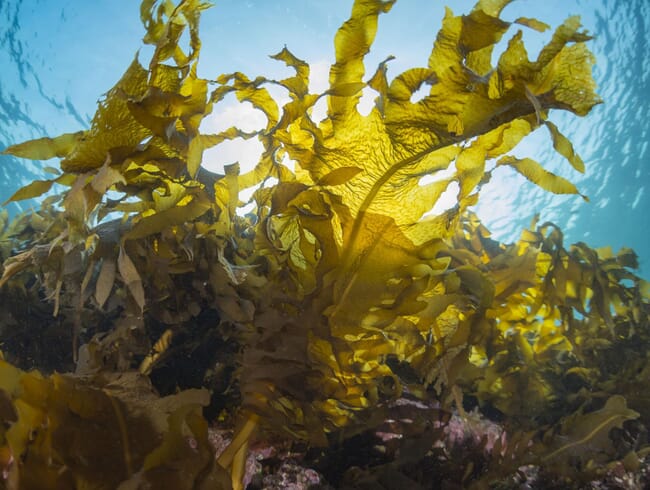
Plans for a proposed seaweed farm to be constructed in Port Quin Bay, Cornwall, were previously met with a strong vocal opposition from locals and celebrities alike. However, recent developments suggest that the local communities may be open to the development plans.
The project, proposed by Biome Algae – a seaweed producer and processor – and Camel Fish – a local purveyor of seafood – to construct a commercial seaweed farm in Port Quin Bay were vehemently opposed by many, including Doc Martin actor Martin Clunes, who claimed the plans to be “nothing short of criminal.” Clunes opposition to the farm was later joined by fellow actor Andrew Lincoln.
However, following the vocal pushback against the plans, a number of Cornish locals contacted Cornwall Live – a regional news platform – to express their reluctance to listen to the celebrity voices and to vocalise their opinions on the proposed farm.
“Aside from the purported benefits to water quality and [the fact] that seaweed is nearly 50 percent protein, you'd think a largely agricultural region would be interested in a highly efficient source of fertiliser and animal feed - but if Doc Martin and Sheriff Grimes, who've both done so much more for Cornwall than farmers could ever hope to, say it's no good then we really had better listen," said one community member.
Much of the opposition to the farm seems to stem from the aesthetic impact the farm could have on Cornwall’s iconic coastline. The proposal includes plans for over 100 seaweed longlines which would be marked with over 1,500 buoys.
However, whilst they remain sceptical, the farm would likely create a number of employment opportunities within Cornish communities, as some locals comment.
“Cornwall needs a way to [create] employment and outside of the tourist industry. But, any development needs to be heavily scrutinised!”




